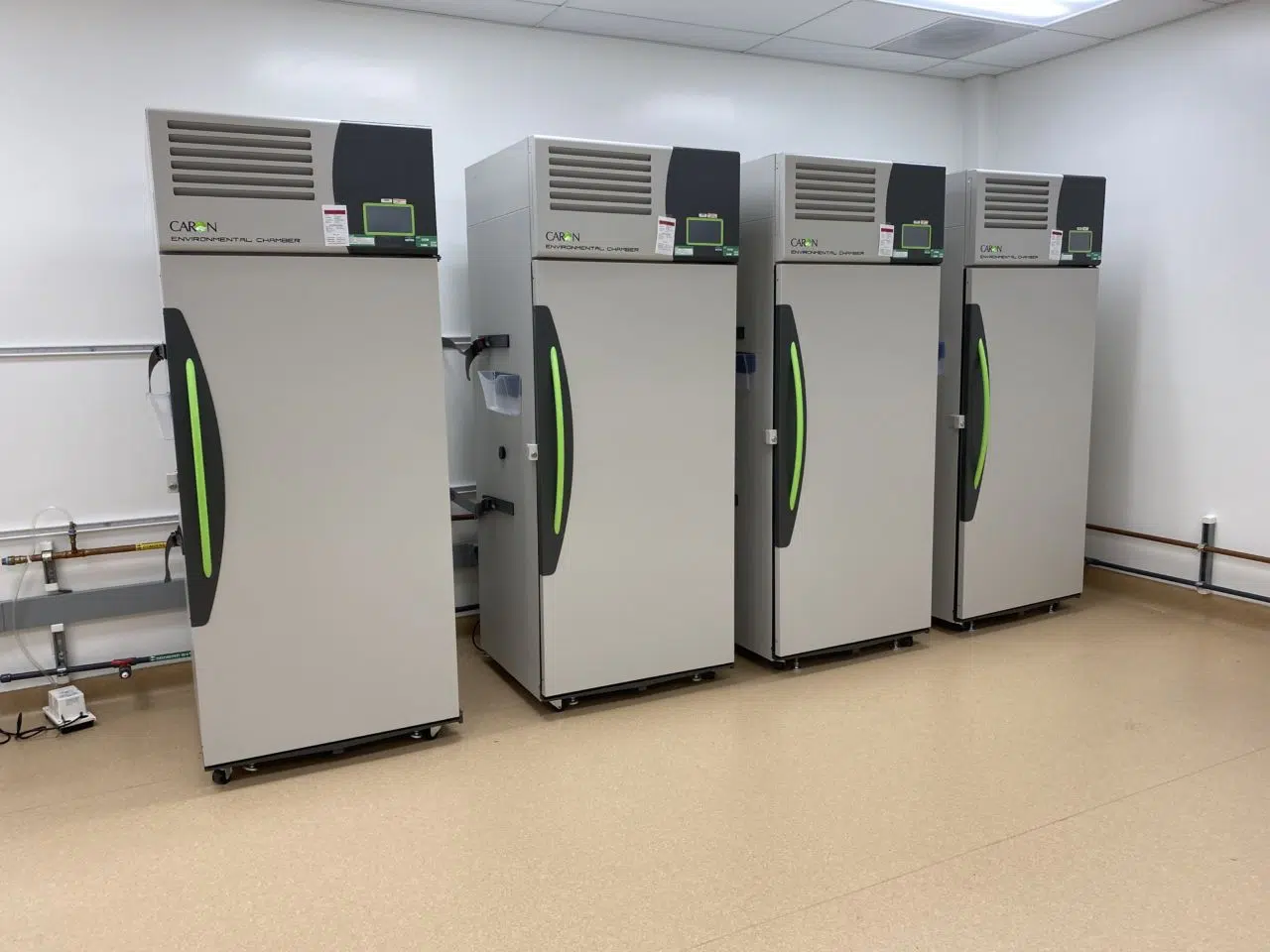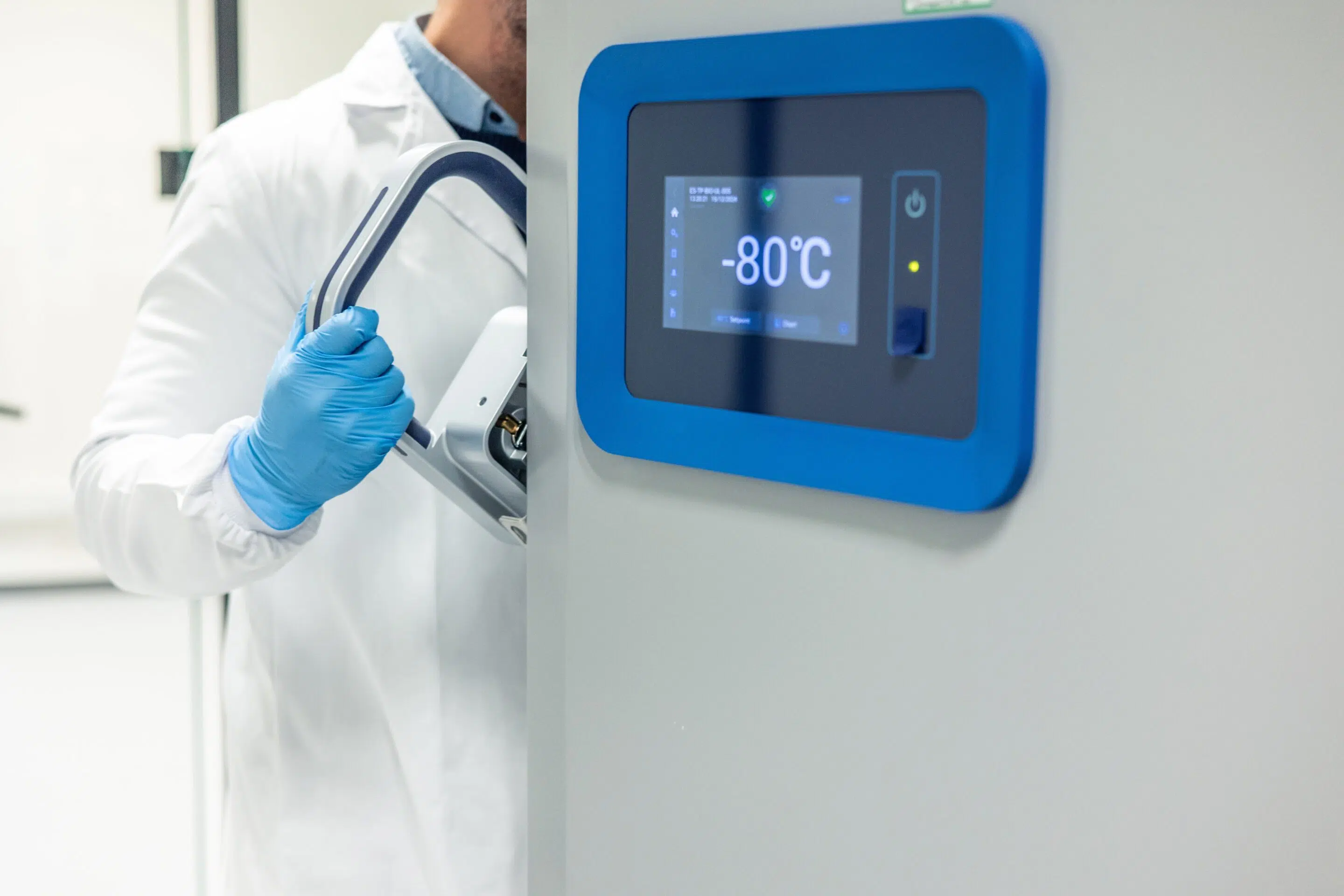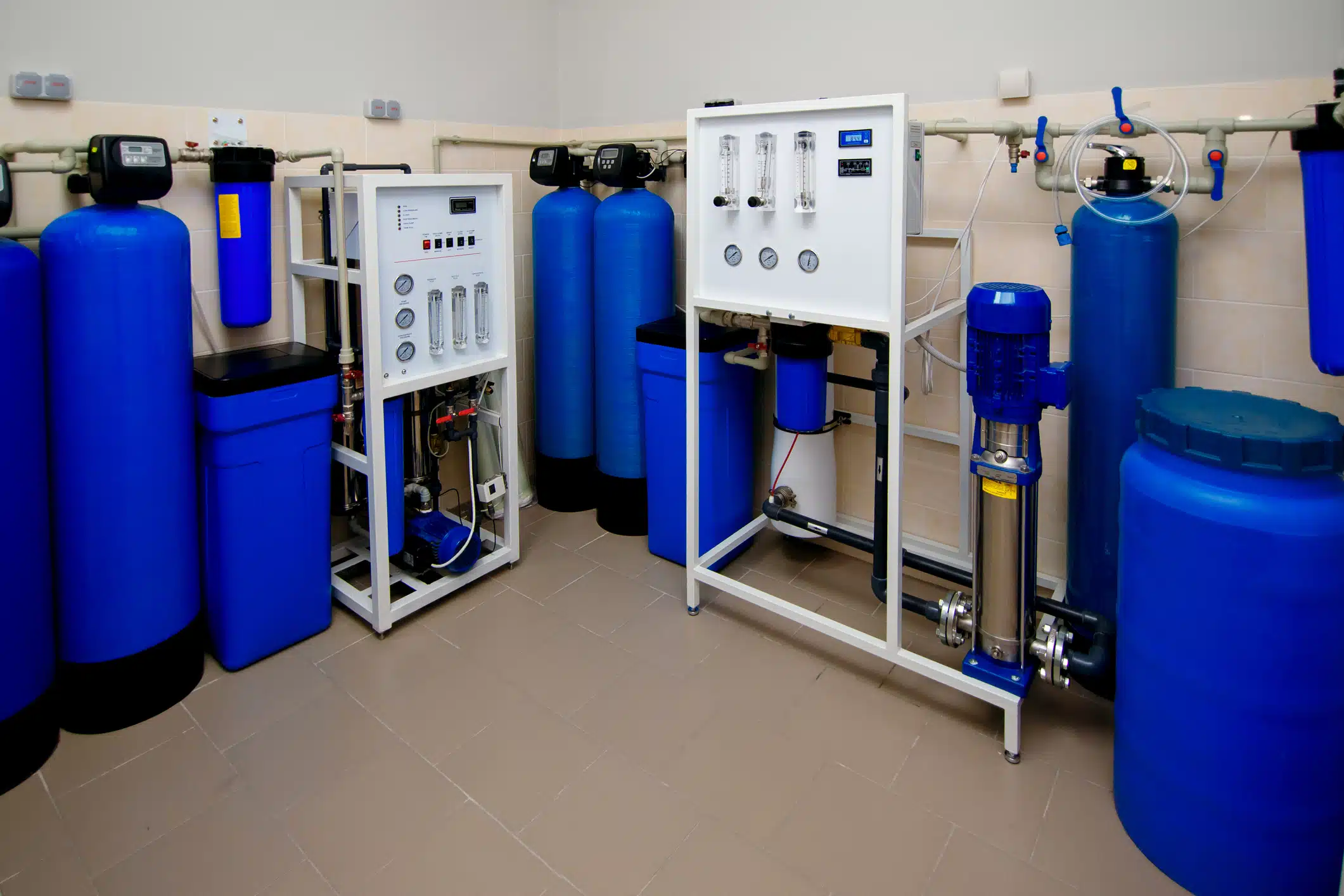Ensuring the accuracy and reliability of laboratory equipment is fundamental to maintaining high-quality research outcomes. Regular calibration plays a pivotal role in the quality assurance of your lab, by verifying that instruments perform correctly and produce accurate results.
Why Calibration is Essential in Laboratory Settings
Calibration involves adjusting and verifying the performance of laboratory equipment to ensure their measurements align with their established standards. This process is crucial for maintaining data accuracy and traceability, both of which are essential to validating credible research. Regular calibration reduces the risk of equipment-related errors, thereby protecting the integrity of your research results.
How Calibration Bolsters Laboratory Quality Assurance
Incorporating calibration into a laboratory’s quality control system ensures consistency across test results, ensuring reliable comparisons over time and between different equipment. This consistency is essential during audits and assessments, as it demonstrates adherence to stringent quality standards. Moreover, the consistency that comes with calibrated equipment reinforces trust in your lab’s research results, assuring stakeholders of the data’s validity.
The Consequences of Skipping Calibration
Neglecting regular calibration can lead to significant repercussions. Inaccurate data may compromise research integrity, leading to incorrect conclusions and wasted resources. Non-compliance with regulatory standards can result in legal ramifications and damage to your lab’s reputation. Additionally, uncalibrated equipment is prone to increased wear and , disrupting lab operations and increasing potential costs.
Choosing a Reliable Calibration Partner
Selecting a trustworthy calibration service provider is essential for sustaining accuracy and compliance in your lab. It is important to choose a partner with a proven track record, responsive support, and deep expertise across a broad range of laboratory equipment. MarathonLS provides tailored calibration solutions that align with the unique needs of laboratory environments, offering comprehensive support, streamlined scheduling and response times, and consistent documentation to help labs stay compliant, efficient, and focused on delivering high-quality research results.
Calibration FAQs
Q: How often should my laboratory equipment be calibrated?
A: The frequency of calibration depends on the type of equipment, the frequency of use, and the criticality of its role in your lab’s workflows. Generally, equipment should be calibrated at regular intervals to maintain accuracy – typically quarterly, biannually, or annually.
Q: Can calibration improve cost-effectiveness?
A: Yes. Regular calibration helps prevent equipment failures, reduces unexpected downtime, and ensures accurate results, ultimately avoiding costly repairs or replacements, saving time, and lowering operational costs.
Q: Does calibration require equipment downtime?
A: Some calibration procedures can be performed on-site with minimal interruption, while others may require temporary equipment removal depending on complexity and requirements,




